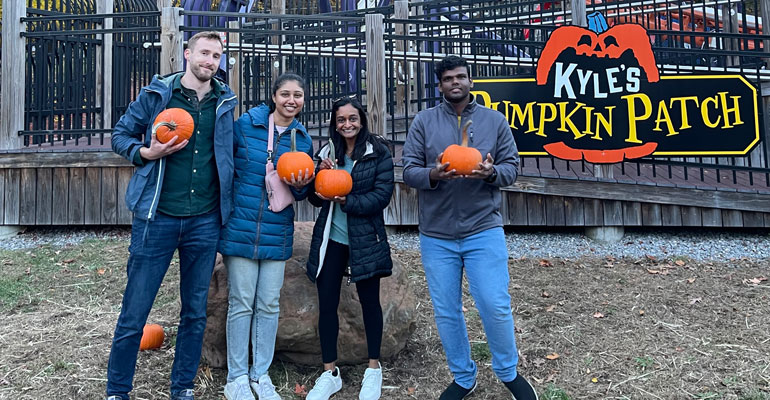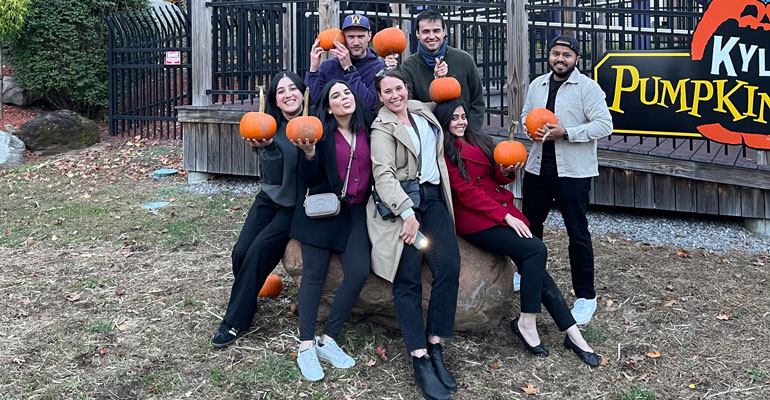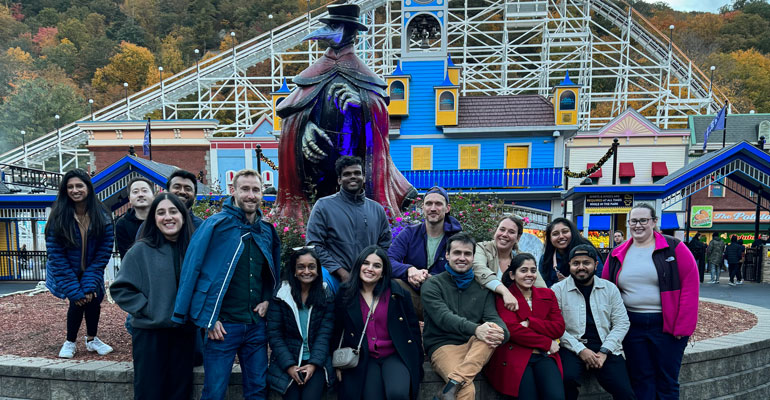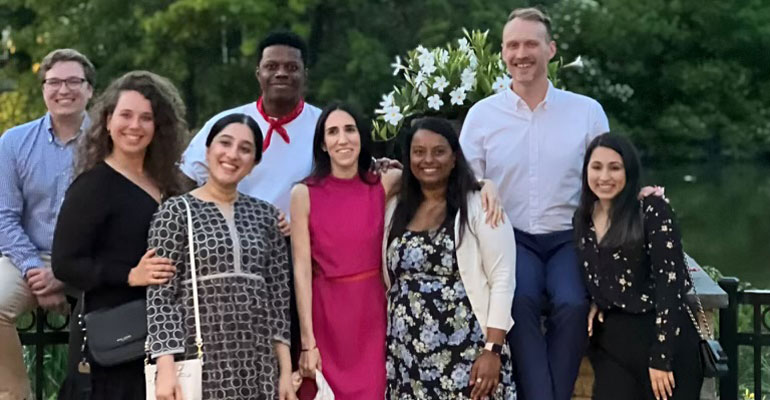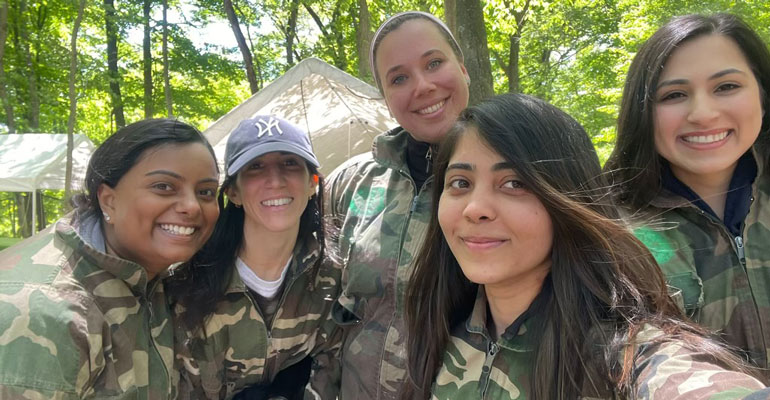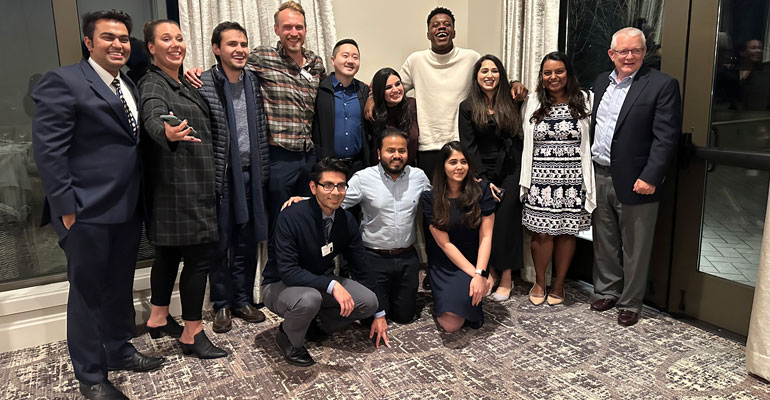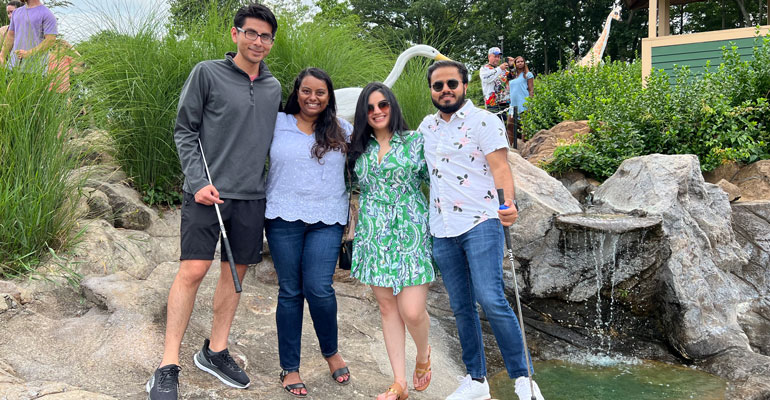![]() https://www.instagram.com/uconnpcim/
https://www.instagram.com/uconnpcim/
- Workload and Clinical Hours: We have made significant efforts to make the program livable. Resident schedules are arranged so that no duty periods are longer than 13 hours. Caps on inpatient and outpatient volumes are in place in all rotations.
- Access to Food, Exercise and Sleep: Resident schedules are designed to allow ample time for sleep. Individual call rooms are available for quiet charting and rest during work shifts if needed. Primary hospital locations provide 24-hour access to healthy food choices as well as free access to exercise facilities with registration.
-
- UConn Health Wellness Center: Membership
- The Hospital of Central Connecticut: Fitness Center
- Access to Health Services: Residents may access health services (medical, dental, behavioral) as needed. Urgent services may be utilized at any time. Preventive services should be scheduled during non-call rotations if possible, and not during continuity clinic. If necessary, they should be scheduled on non-call days during call rotations. The program coordinator, service attending, site chief resident, team members and continuity clinic must be notified.
- Curricular Elements:
-
- Conferences: Periodic one hour conferences on wellness topics will be held at The Hospital of Central Connecticut. Occasional Meaning in Medicine conferences will also be held.
- Symposia: Half-day curricular sessions for all residents not on call will be held twice yearly. Many of these will contain wellness-related or career development topics.
- Wellness and Support Seminars:
-
- PGY1: 3 half-day seminars in stress management, conflict resolution and communication, and teaching will be provided.
- PGY2 and 3: 2 half-day seminars in stress management and career development will be provided.
- Wellness Committee Activities: The resident led wellness committee arranges group activities on a bi-monthly basis, held after work hours or on weekends to promote participation. Examples and ideas include outdoor activities such as a hiking, theme parks, dining together, sports events or service activities. Attendance is not mandatory; individual residents may engage in self-selected wellness activities instead.
- Personal Wellness Time: All residents may utilize usual work time during non-call blocks for any purpose desired. This time should be taken in half-day increments. PGY1 residents may take 2 half-days, PGY2s make take 3 half-days, and PGY3s may take 4 half-days per academic year. Reasonable notice is expected, and the program coordinator, service attending, site chief resident, and team members must be notified. Personal wellness time should not be taken during continuity clinic hours or while on back-up.
- Additional Benefits: Other benefits are available to residents through Wellness Advantage and ID.me. This includes but is not limited to discounts on food at local restaurants, ski passes, amusement park passes, car rentals, and childcare. See the discount flyer for further information.
UConn School of Medicine Graduate Medical Education is committed to supporting the well-being of all our residents and fellows during their training program. For a full list of resources offered through UConn Health, the Capital Area Health Consortium and the broader community, please visit the Graduate Medical Education Office Well-Being website.
